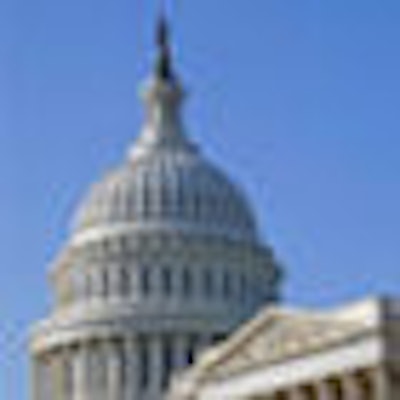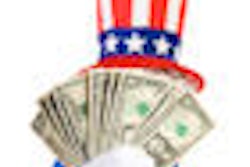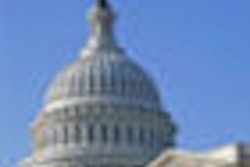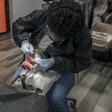
Dental trade groups are lobbying for a reversal or reduction of the 2.3% excise tax on the sale of most dental devices levied to help pay for the U.S. Health Care and Education Reconciliation Act of 2010 signed into law in March.
The tax, which goes into effect January 1, 2013, applies to all class I, II, and III dental devices and will be based on the price that the manufacturer, producer, or importer sells them for.
been made.”
— Gary Price, CEO, Dental Trade Alliance
"The National Association of Dental Laboratories (NADL) is opposed to any excise tax of any amount on medical devices," Bennett Napier, NADL co-executive director, told DrBicuspid.com. "We have taken a very similar position within our marketplace as the Dental Trade Alliance (DTA) and the ADA."
Influencing lawmakers to change the tax is a difficult task laid before an uncertain political landscape.
"The first hurdle is getting attention, and our primary goal is to convince policymakers that a mistake has been made," DTA CEO Gary Price told DrBicuspid.com. "Dental is a very small portion of the healthcare economy, and the queue of organizations asking for change is very, very long."
Some steps have already been taken. A bill filed in the U.S. House of Representatives (HR 5615) would completely repeal the excise tax, but it has yet to be heard in committee and does not have a comparable companion bill in the Senate.
"Quite frankly, we're waiting to see November's election results to see if the party composition changes," Napier said. "By then it's more likely the Senate would have a companion bill, and we can work from there to be very proactive in pushing the grassroots appeal."
That effort will encompass a coalition of allies in dentistry and the Medical Device Manufacturers Association since an exemption for a specific market segment of medical devices is "highly unlikely," according to Napier.
"The best scenario is to be unified with all medical device manufacturers and seek a complete repeal," he explained. "That's the posture that we're taking from a public policy standpoint. The reality of achieving that, it's a little early to tell."
Sustaining the objection
Among the primary objections to the tax is the net loss expected to hit the industry, despite increased Medicaid coverage for children.
"Using data from the government and from industry sources, we estimate that the tax will be up to 70 times the potential benefit to our industry," Price said. "While it is possible that as many as 18 million children will be eligible for dental benefits, government data show that historically only about a third actually use the services when they are eligible. There are a lot of questions left to be answered."
How trickle-down costs will affect consumers is one of them. In a letter sent in June to its members, the DTA stated that "any increase in the cost of dental care may negatively influence patient decisions to seek oral healthcare services."
|
Call to action The Dental Trade Alliance has requested that individuals at dental labs, manufacturers, and distributors contact their representatives in Congress and the Senate to express their opinions about the proposed excise tax. A sample letter outlining objections to the tax can be found the DTA website. |
The tax is viewed as an unfair encumbrance on the industry that remained after expanded dental coverage -- deemed too expensive -- was abandoned from the legislation. Concerns about the law paving the way for further taxation or rate increases also have been raised.
Napier believes that the fiscal and administrative impact on dental laboratories, obligated to track the sales of finished devices and remit the tax, will be significant.
"The medical device manufacturers that we as general consumers read about are the surgical type, and those are often billion dollar companies," Napier said. "A dental laboratory in the U.S. averages three to three and half employees, so from a small-business standpoint the excise tax is a big burden."
Foreign labs also will be subject to the tax via the U.S. agent they have on file with the FDA.
Copyright © 2010 DrBicuspid.com



















